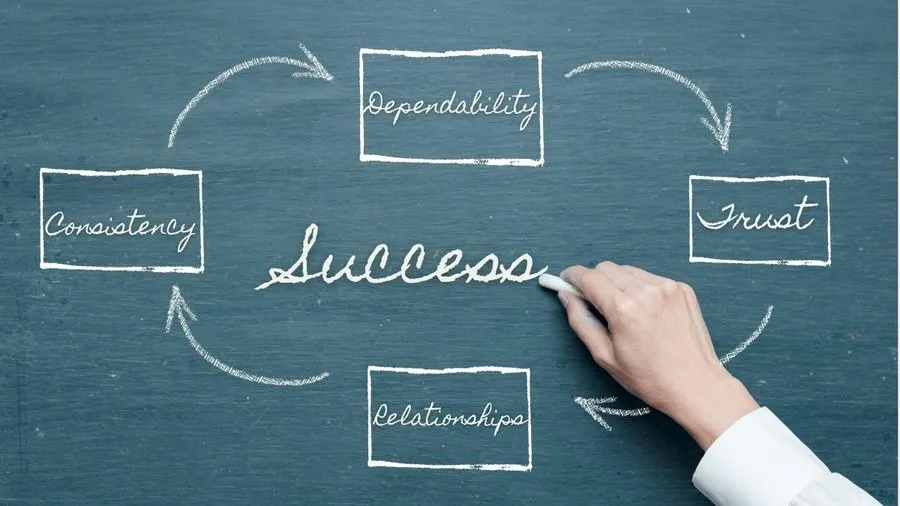Introduction
Negotiating the sale price of your home is one of the most critical steps in the selling process. Whether you’re looking to secure the best possible deal or navigate a competitive market, understanding the art of negotiation can make all the difference in achieving your goals. Pricing your home correctly from the start is important, but once offers start coming in, knowing how to respond, counter, and negotiate effectively is just as crucial. In this article, we’ll explore key strategies for negotiating your home sale price, from evaluating offers and considering market conditions to handling buyer requests and making compromises that benefit both parties. Mastering these techniques can help you maximize your home’s sale price and ensure a smooth transaction.
Balancing Strategy and Flexibility for a Successful Sale
Negotiating the sale price of a home can often feel like a delicate dance, requiring a blend of strategy, patience, and market knowledge. The first step in this process is to work closely with your real estate agent to set a competitive, yet realistic asking price. This price should be informed by current market conditions and comparable homes in the area—otherwise known as \"comps.\" If you\'re in a seller’s market with high demand and limited inventory, there may be more room to price your home a little higher, knowing that buyers are eager and competition is fierce. However, in a buyer’s market, where supply exceeds demand, you may need to be more conservative with your price to attract serious buyers. The key is to strike the right balance between wanting to get top dollar for your home and being realistic about what buyers are willing to pay in the current climate.
Once your home is on the market, it’s time to prepare for negotiations. Expect offers to come in, and often, they will be below your asking price, especially if the buyer is trying to get the best deal possible. When reviewing these offers, remember that the price is not the only factor at play. A strong offer is more than just a number—it’s about assessing the buyer\'s financial situation, whether they’re pre-approved for a mortgage, and how flexible they are on contingencies like closing dates or repairs. Sometimes, a slightly lower offer can actually be more attractive if the buyer is willing to waive contingencies or if they have a flexible timeline. It’s important to keep an open mind and be willing to negotiate. Responding with a well-thought-out counteroffer can show the buyer you’re serious and willing to meet halfway, which may help bring them closer to your desired price.
The final stage of negotiation is where both parties reach a meeting of the minds, and the deal starts to take shape. By now, both the seller and the buyer have made compromises, and it’s about finding a win-win solution. When agreeing on a final price, don’t forget to consider any additional factors that might affect the terms of the sale, such as the buyer’s need for repairs or seller concessions. At this point, your real estate agent plays a pivotal role in managing the details and smoothing out any last-minute challenges that could arise. They’ll help keep the communication channels open, guiding you through adjustments to contingencies, inspections, or closing terms, and ensuring that everything aligns for a smooth and successful closing. Ultimately, negotiating the sale price isn’t just about getting the highest figure—it’s about crafting a deal that feels fair, aligns with market value, and ultimately closes the deal on your terms.
Conclusion
Negotiating the sale price of your home is a delicate balance between strategy, timing, and flexibility. By approaching each offer with careful consideration, being prepared to make informed counteroffers, and staying open to compromise, you can ensure a successful negotiation that aligns with your financial goals. Remember, effective negotiation is not just about securing the highest price—it’s about creating a win-win situation for both you and the buyer. With the right techniques and mindset, you can navigate the negotiation process with confidence, leading to a smooth sale and a positive outcome.




